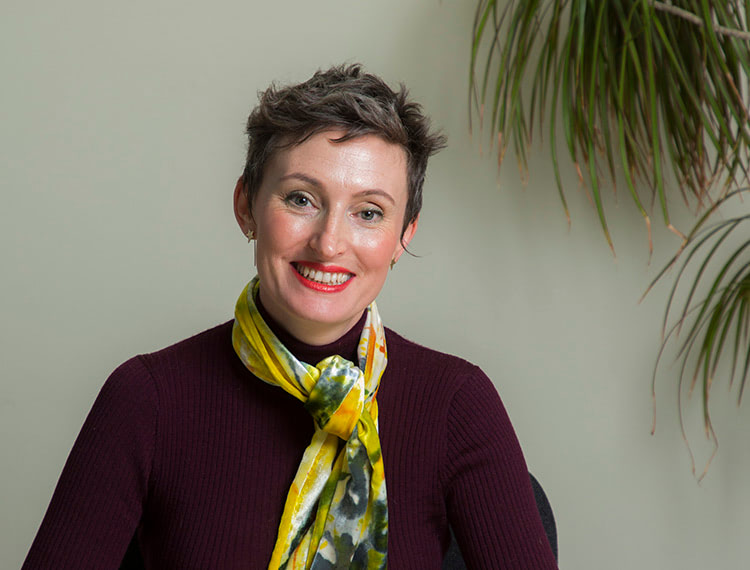A-level results reveal entrenched and deepening inequality in our education system

A-level results day is a day of high tension for students up and down the country. This was particularly the case this year, with memories of last year’s results fiasco looming in everyone’s minds.
On first reading of the headline results, you would be forgiven for thinking that yesterday was a good news day for everyone. Across the UK, nearly 45 per cent of all A-level entries were awarded A* or A grades. Among those less-advantaged young people with whom Villiers Park Educational Trust works, there were plenty of successes to celebrate. It’s a testimony to the strength and determination of our nation’s young people that, even during a time of global crisis, so many of them have achieved remarkable things.
But a more careful look at Ofqual’s analysis reveals a more concerning picture of entrenched and deepening inequality within our education system. The rising level of attainment is not uniform across all groups and educational settings. Independent schools saw the greatest leap in A grades: just over 70 per cent of private school entries were awarded A or A*. While all types of schools saw grades improve, it was fee-paying schools which recorded the biggest rise.
At the same time, the attainment gap widened for certain groups of students. While the proportion of black students, those on free school meals and those from areas of high deprivation achieving the highest grades increased, this increase was outstripped by the results recorded by their peers. Yet again, the attainment gap has widened.
To some extent, it could be argued that this can be explained by the nature of A-level exams and vocational qualifications. They are designed to assess a student’s acquisition of knowledge and skills rather than their wider, long-term potential, and do not reflect many of the skills and attributes that young people possess.
Young people from less-advantaged backgrounds have been most severely affected by disruption to their education since March 2020. The challenge of adapting to self-directed, online study has been infinitely more difficult for those struggling with a lack of access to digital devices or the internet, or with no suitable spaces to learn. And the devastating economic effects of the pandemic left a staggeringly high number of young people not knowing where their next meal was coming from – even in families with both parents in paid employment. It is outrageous that it took the phenomenal campaigning of footballer Marcus Rashford to spur the government into taking action.
Achieving academic excellence when you have an empty stomach is an incredibly difficult challenge for young people from less-advantaged backgrounds. And what the widening attainment gap exposed by this year’s A-level results tells us is that the government’s “catch up” agenda has failed the most disadvantaged students.
The £1.4 billion education recovery package announced in June was worth less than a tenth of what former catch-up tsar Sir Kevan Collins had called for. The pitiful £50-per-head package – largely focused on a one-off tutoring programme – was worth far less than the equivalent programmes announced by the Netherlands and the US, for example (worth around £2,500 and £1,600 per head respectively). This was never going to be sufficient to address the widening attainment gap.
The government must take decisive action to halt this worrying trend. The next three-year spending review offers ministers an opportunity to make good on their rhetoric about “levelling up” the country by investing properly in education. Ministers can still get this vital issue right – it is an opportunity they cannot afford to miss. The cost of failing to do so would be enormous, both socially and economically. Without young people having a genuine opportunity to fulfil their potential, who will help us deal with the next pandemic or address the climate crisis?
But the onus is not just on government to respond to the effects of the pandemic. Employers, universities and further education providers also have a key role to play. The class of 2021 is a cohort unlike any other. Its exam grades are not comparable with previous years. Its education has been more disrupted than any of its predecessors. But these remarkable young people have, by necessity, developed outstanding tenacity and resilience to cope with the unprecedented obstacles in their path. They deserve both recognition of what they have achieved in surviving a pandemic – and ongoing support in their educational, personal and social development. It is down to all of us to give them the best possible opportunity to thrive in a post-pandemic world. This is what Villiers Park’s Future Leaders programme is designed to achieve, through supporting young people in developing self-efficacy and agency in their own futures and equipping them with the skills, experiences and motivation they need to become leaders in their chosen field.
I want to end by congratulating those of you who dedicate your working lives to supporting young people for your amazing resolve, innovation and ambition for the class of 2021. We can be proud of the part we played (while taking none of the credit).
Our role is not yet over for this cohort. In the coming days we will be called on to provide opportunities for these same young people to work out ‘What next?’, whether that’s accepting a place at their first-choice university, an apprenticeship, navigating clearing or stepping into the world of employment or entrepreneurship. And as we do this, we must keep in mind that these results are only a small part of the educational and life journey these young people are on. Part of our role must be to ensure that each and every one of them moves forward with an understanding that they have achieved great things, that they will continue to do so – and that the opportunity to learn is always open to them.
Rae Tooth is CEO of Villiers Park Educational Trust











Responses